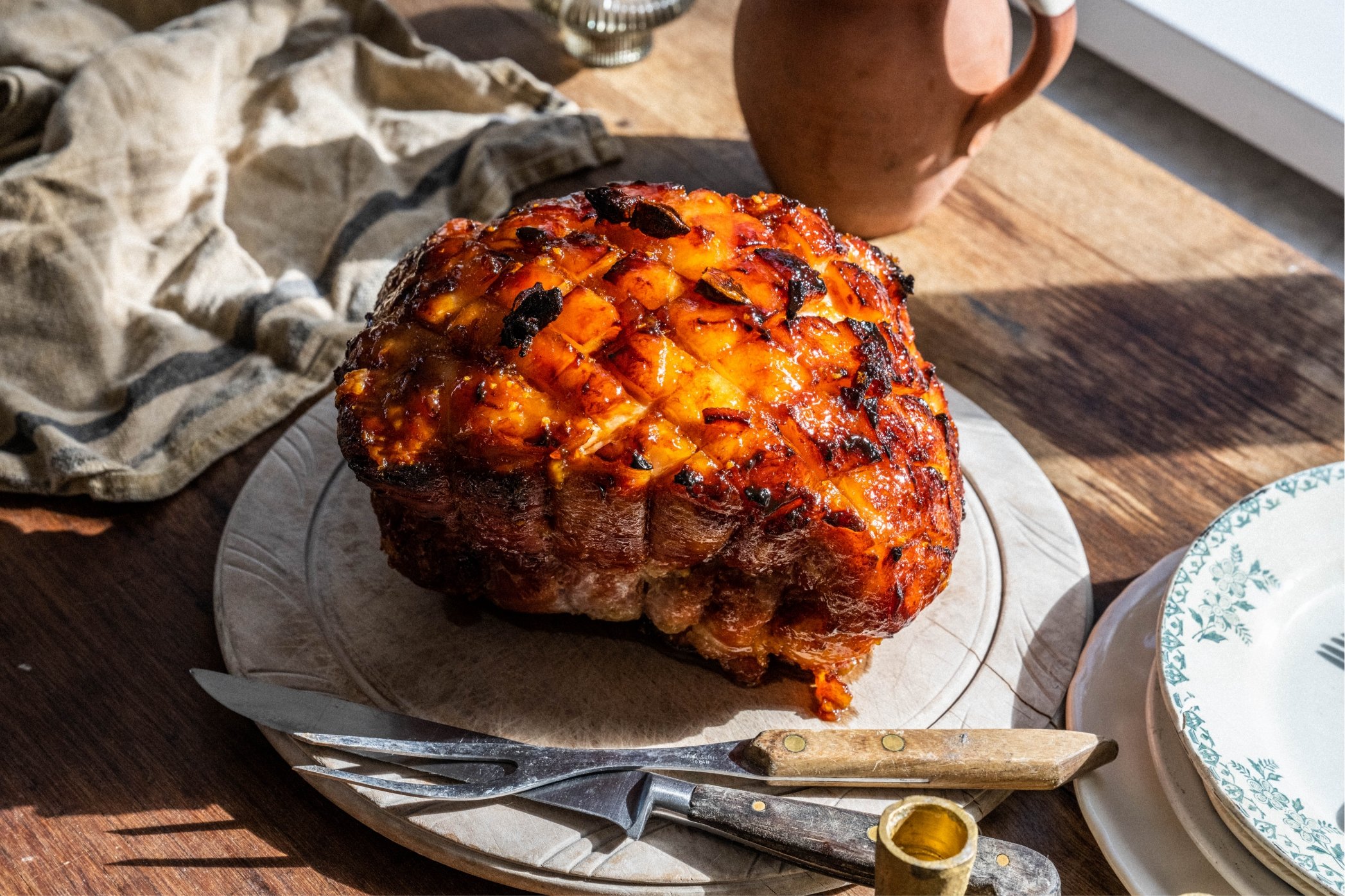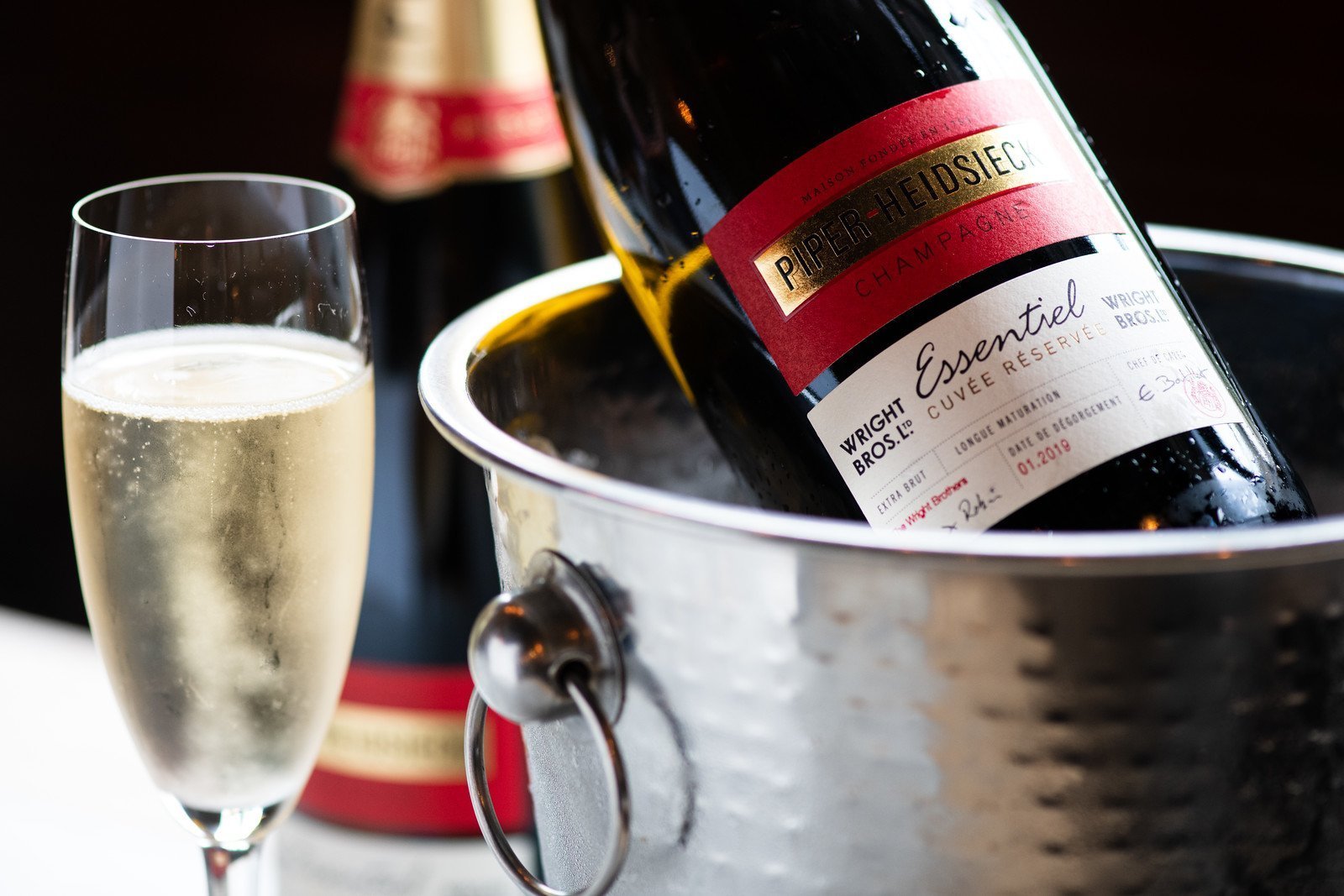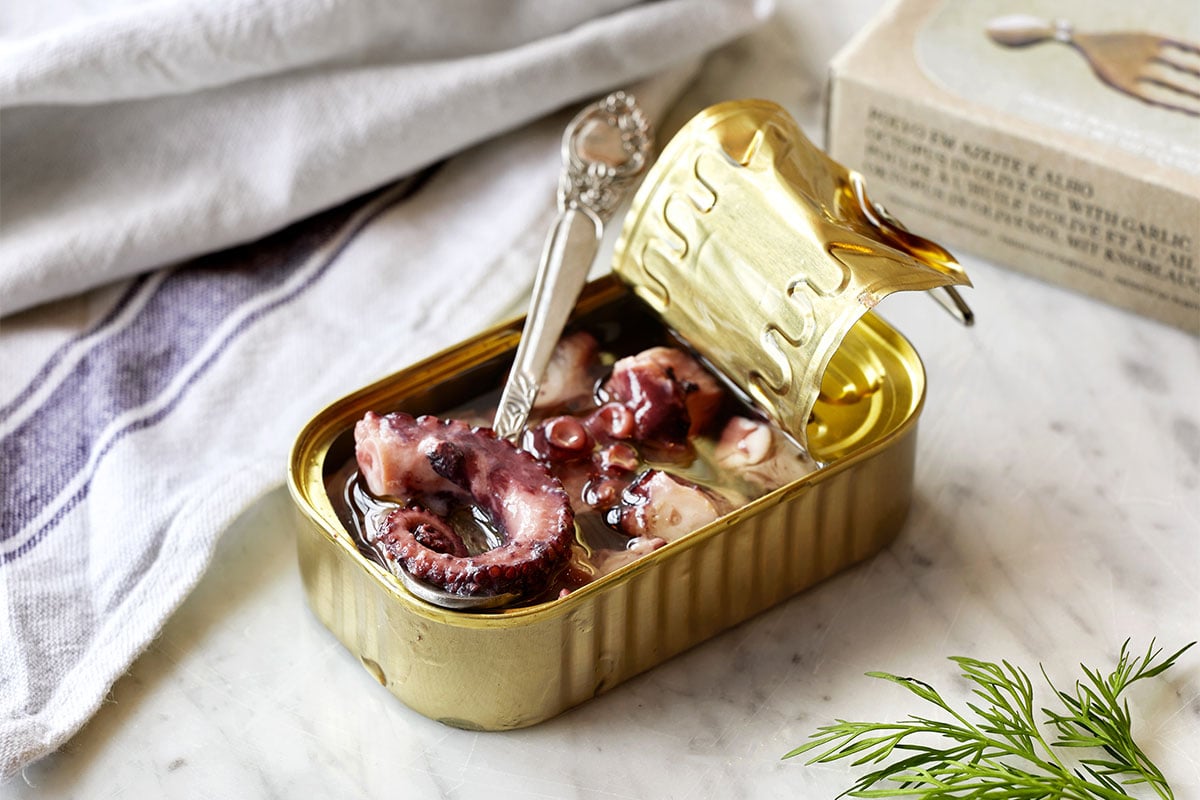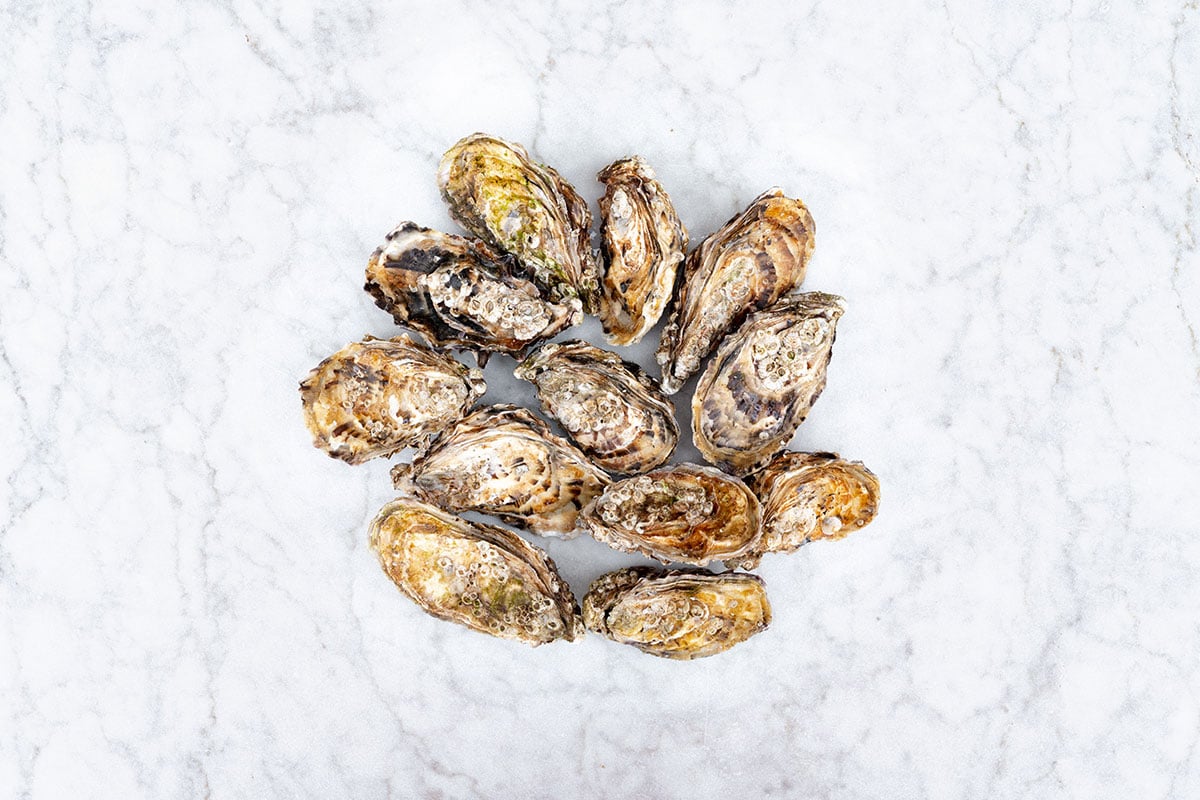Recommended By Wright Brothers Wholesale
At Wright Bros Wholesale, it's important for us to be aware of what's in season and of the best quality at any one time. We know what's popular in our own restaurants and with our own chefs and we're always working directly with our fishermen and suppliers to source not only fish and shellfish that are in prime condition but also most sustainable.
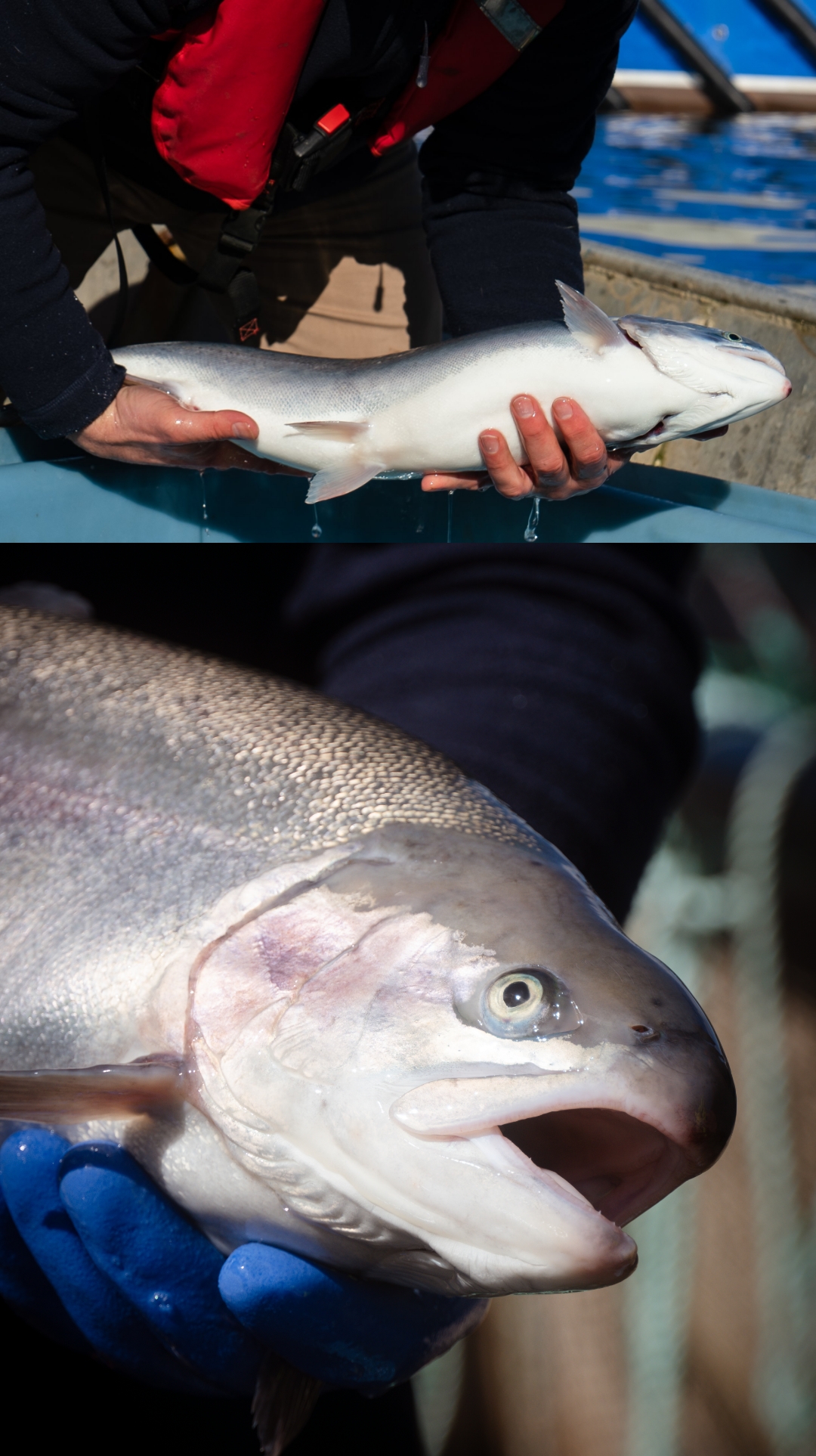
Trout
Intensive aquaculture and particularly some farming practices, have often been an environmental cause for concern. That’s certainly not the case with the high-welfare, superior quality, Atlantic trout reared in the pristine and nutrition-rich waters of The Western Isles, by the Cannon family.
Stuart Cannon founded the company back in 1972 when the aquaculture sector was in its infancy and indeed, since then, has pioneered innovative techniques and best practice, which have been adopted internationally.
Always fascinated by the ‘steelhead’ seagoing rainbow trout (Oncorhynchus mykiss), Stuart set about a programme of selective breeding and environmentally sensitive production, which has resulted in the product available today - the Atlantic trout, which although beginning its formative life in stream-fed tanks and freshwater lochs, is finished in a low stocking rate, salt water environment, with minimal disease and exemplary levels of husbandry, which combine to produce a unique and iconic fish.
The trout produced in the waters of Loch Melfort and the Isle of Skye, exhibit a flavour and texture unmatched by any other current practice. The welfare of the stock is paramount and at the very low rates at which the fish are stocked in the sea pens, they thrive, having the space to develop a firm, athletic, oxygen-demanding musculature, which results in a texture and flavour unlike no other and unrivalled on menus worldwide.
Available as whole prime fish, from 2-6kg in weight or pin boned fillets and portions, at Wright Brothers we are delighted to be able to offer what we believe is a wholly superior farmed fish, with immaculate sustainability and provenance.
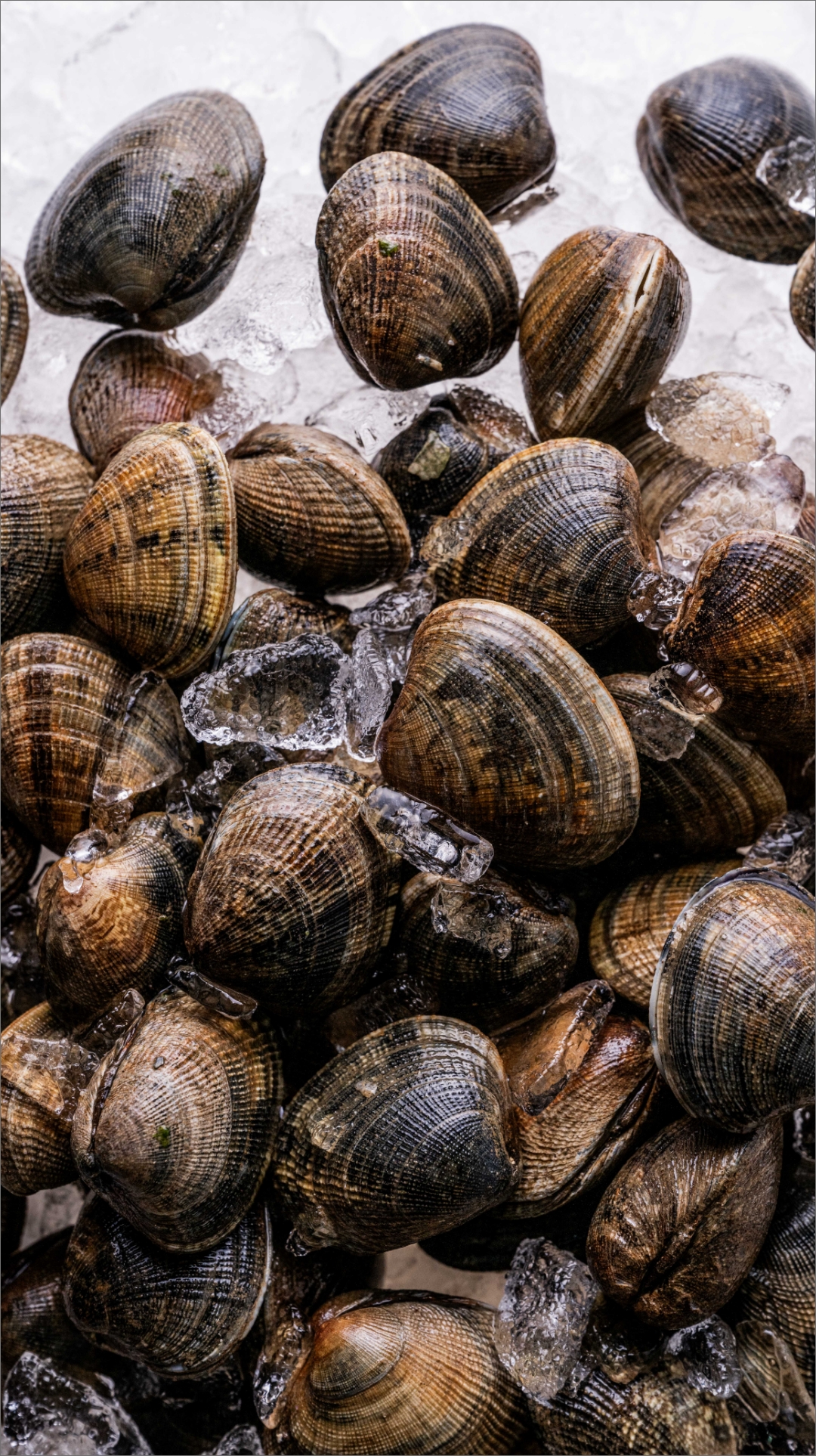
Clams
Increasingly popular on UK menus, are the clam species of bivalve molluscs which are grown in commercial abundance around the shoreline of the British Isles. Traditionally less favoured than their cockle cousins, clams are becoming very much of a mainstay ingredient for many hospitality businesses, providing an incredibly fresh, saline flavour and representing also exceptional seasonal value.
There are several species of clams available, with wild razor clams, hand-dived on the Scottish West Coast, probably being the best known and then the more cultivated Palourde or Carpet shell clams becoming more available from dedicated fisheries on the South Coast, such as Lyme Bay and Poole Harbour.
Clams are in season in the spring and early summer months and then again in the autumn, when the quality is exceptional. Harvested by low impact methods from small day boats, our clams are fully traceable and sustainable, from fishermen and suppliers who we have established relationships with.
Flavoursome, nutritious and a true superfood, clams are rich in vitamin B12, omega3, iron, iodine and selenium, all essential for our health and of course a fantastic source of wild protein.
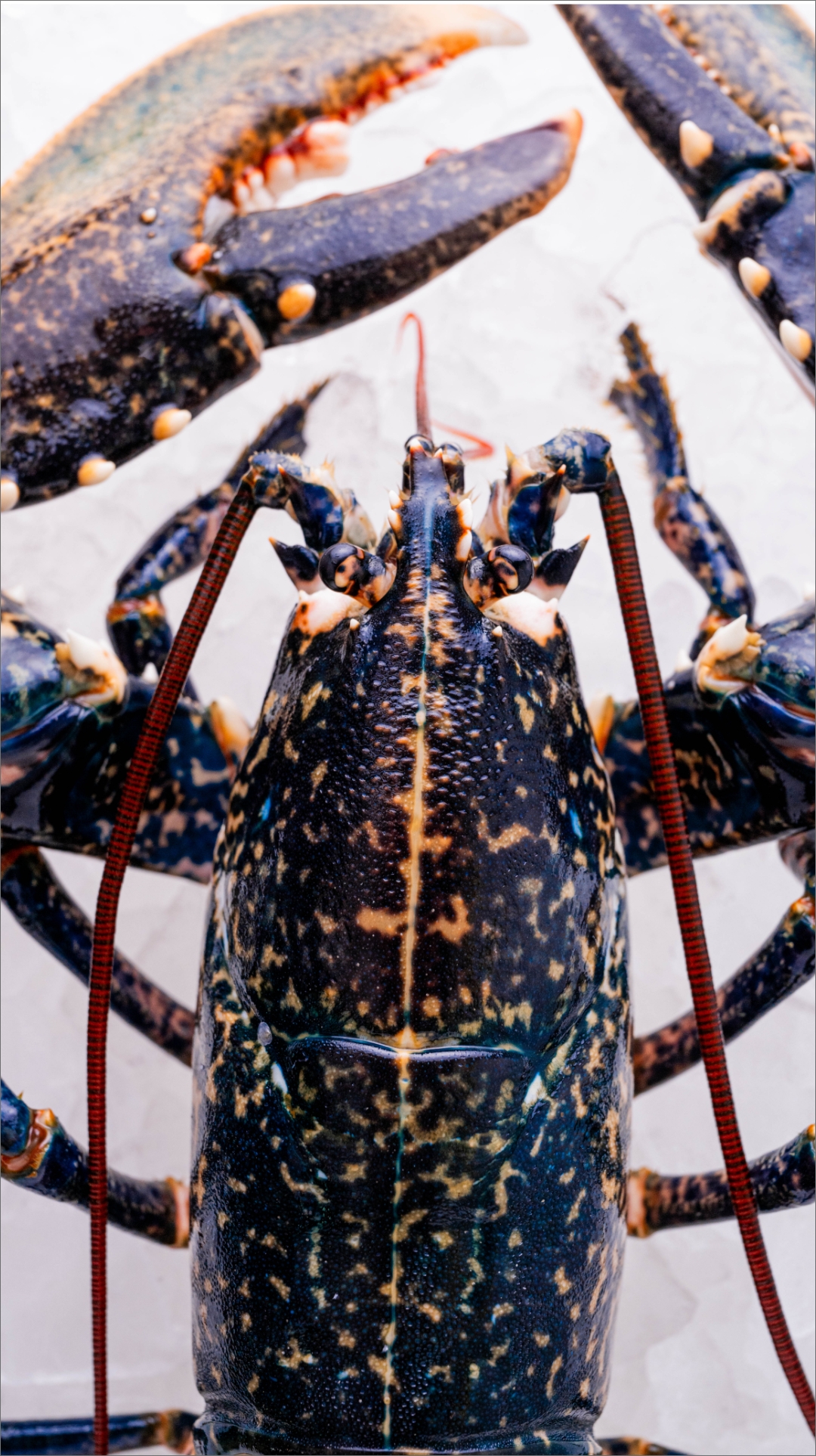
Lobster
We're coming into peak lobster season now around the UK and at Wright Brothers, we're able to source the finest. Our native lobsters are traditionally pot caught, from artisan day boats, observing all the necessary catch regulations and then are delivered direct to us 'pot to plate' and stored live, in a high welfare environment with minimal handling to reduce stress.
During the summer months the lobsters move inshore, as the water warms. Being cold blooded they are actively feeding then and more likely to enter the pots. The season generally runs from May to September.
Native lobsters are a very sustainable choice in the UK, as apart from sourcing them in season and being fully traceable, we're also huge supporters of the National Lobster Hatchery in Padstow, who over many years, have pioneered Cornish lobster conservation and worked directly with local fishermen to improve and enhance the lobster stocks in the waters around the coastline of the far South West.
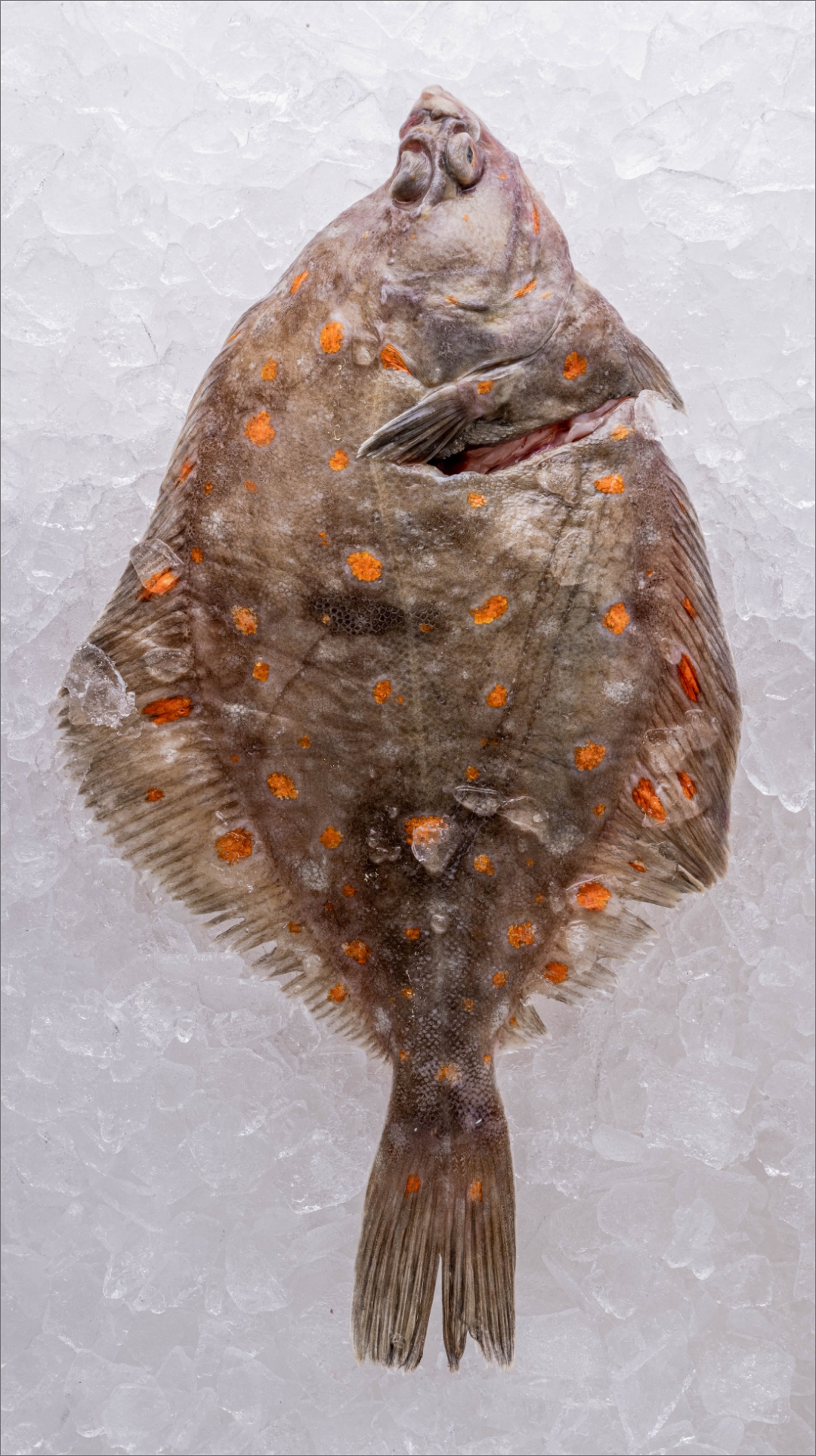
Scottish Plaice
The Northern North Sea and North Atlantic, play host to some of our richest, mixed-species, ‘demersal’ or ground fish fisheries. An abundance of nutrition and the perfect benthic environment, contribute to a plethora of white fish - not just the staples of cod, haddock, hake and whiting, but also prime flatfish species such as the European plaice (Pleuronectes platessa), which is common throughout the North Sea areas, being wild caught and landed into the major white fish ports, such as Peterhead and Lerwick, bit also a myriad of smaller ports, from offshore and inshore fleets.
Plaice are bottom-dwellers, like all flatfish, but are characterised by their highly visible and vibrant orange and red spots and very distinguishable from their cousins - flounder, sole, brill and turbot. They generally inhabit sandy and gravelly areas of the sea bed and are mostly caught by demersal trawl or seine net in the offshore fisheries, whilst static and drifting gill nets account for a lot of the inshore catch.
Plaice are one of our most abundant and sustainable flat species and are described as ‘least at risk’ with good recruitment of numbers, being relatively quick to mature, spawning at around three years. Older fish tend to inhabit deeper water offshore, where the shallow inshore grounds are their nursery areas and where juveniles can grow fat quickly, on a diet of crustaceans, molluscs and marine worms.
Plaice exhibit a unique and fragrant flavour, unlike any other species and for generations have been served as a fish and chip shop favourite. The smaller sizes lend themselves to cooking whole, on the bone, whilst the bigger fish, which can grow up to 3-4 kg in weight, produce fine, firm meaty fillets, perfect for both simple, quickly prepared dishes or equally, for fine dining menus, which makes them incredibly versatile.

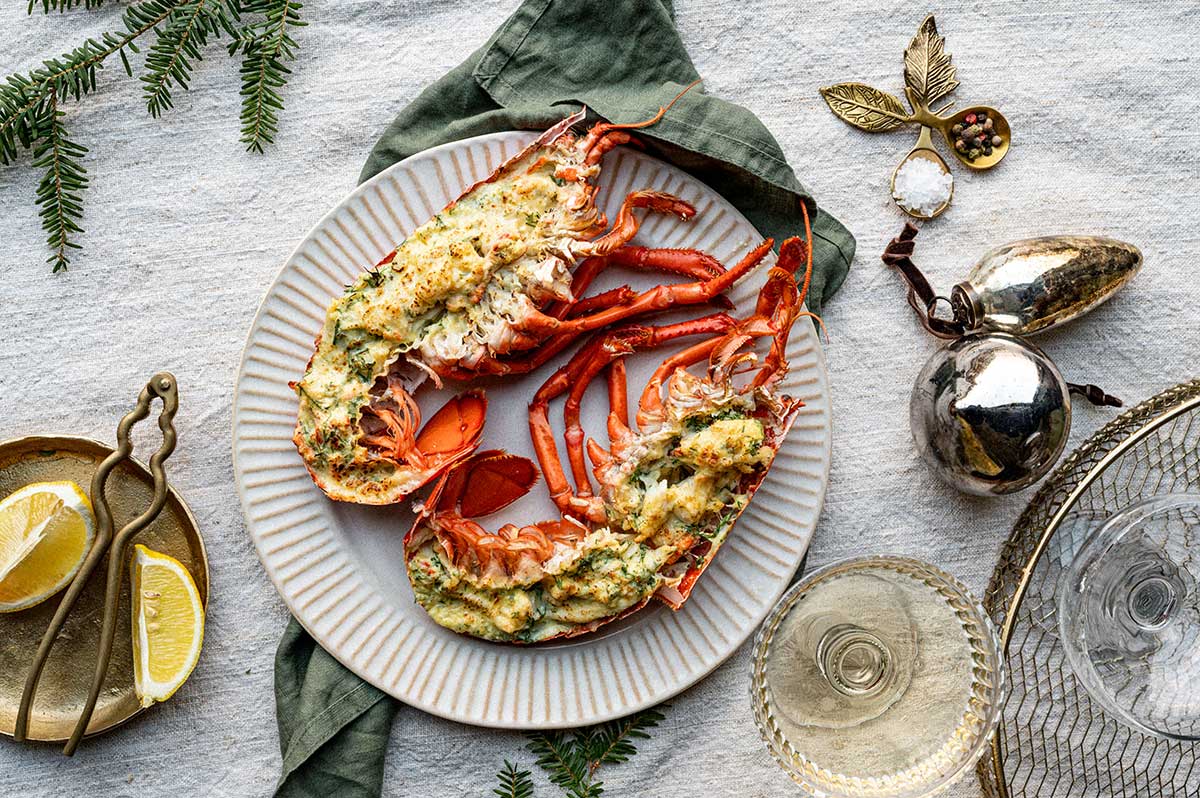
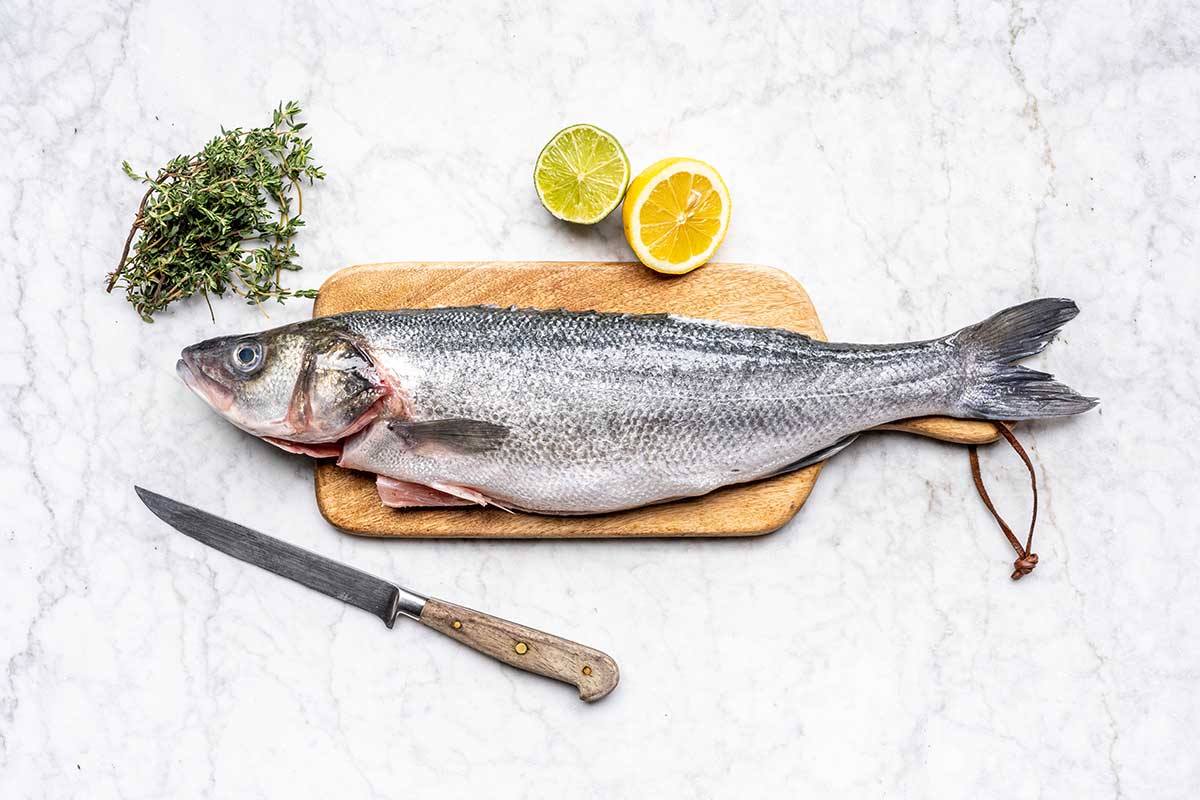
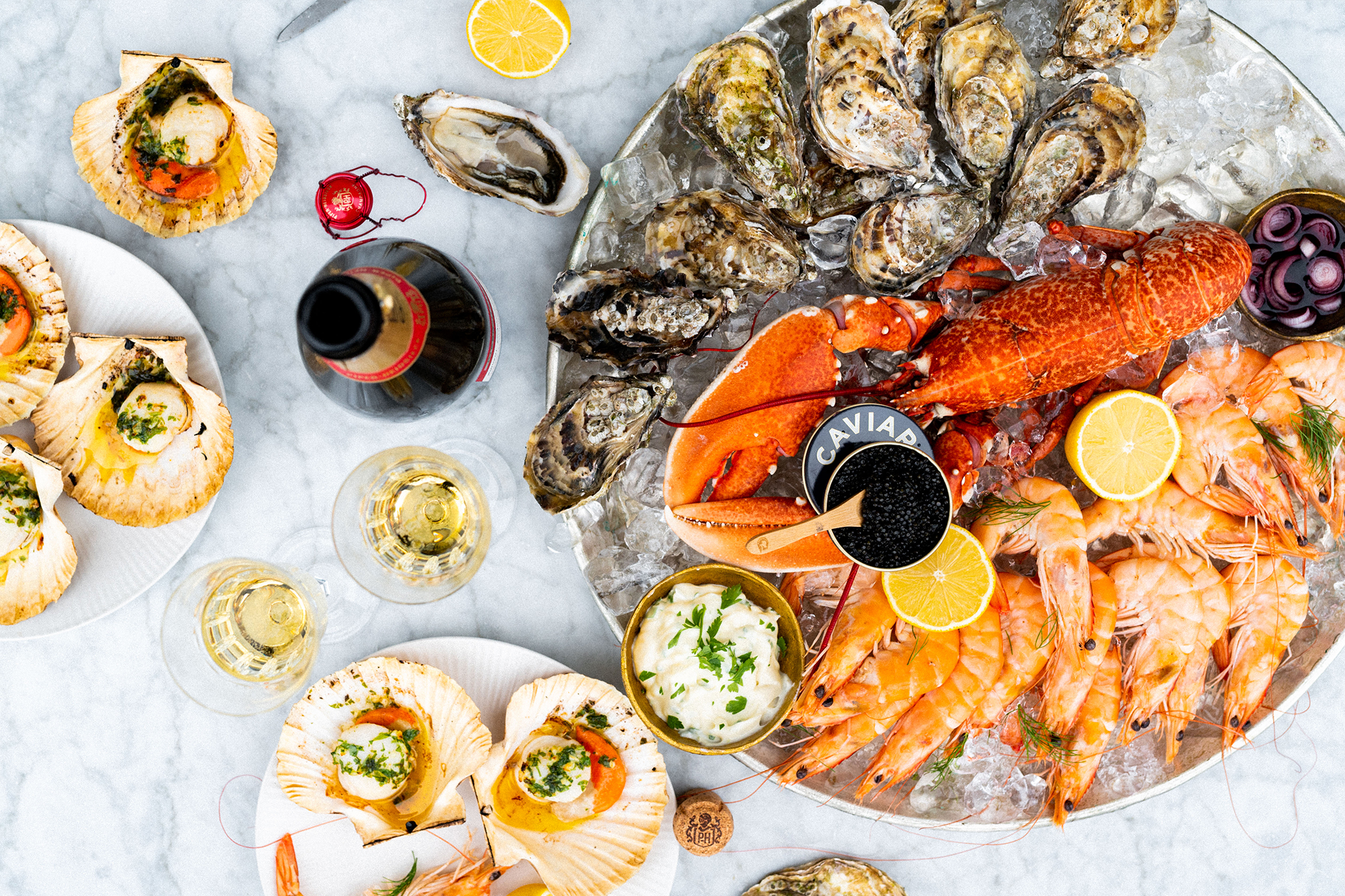
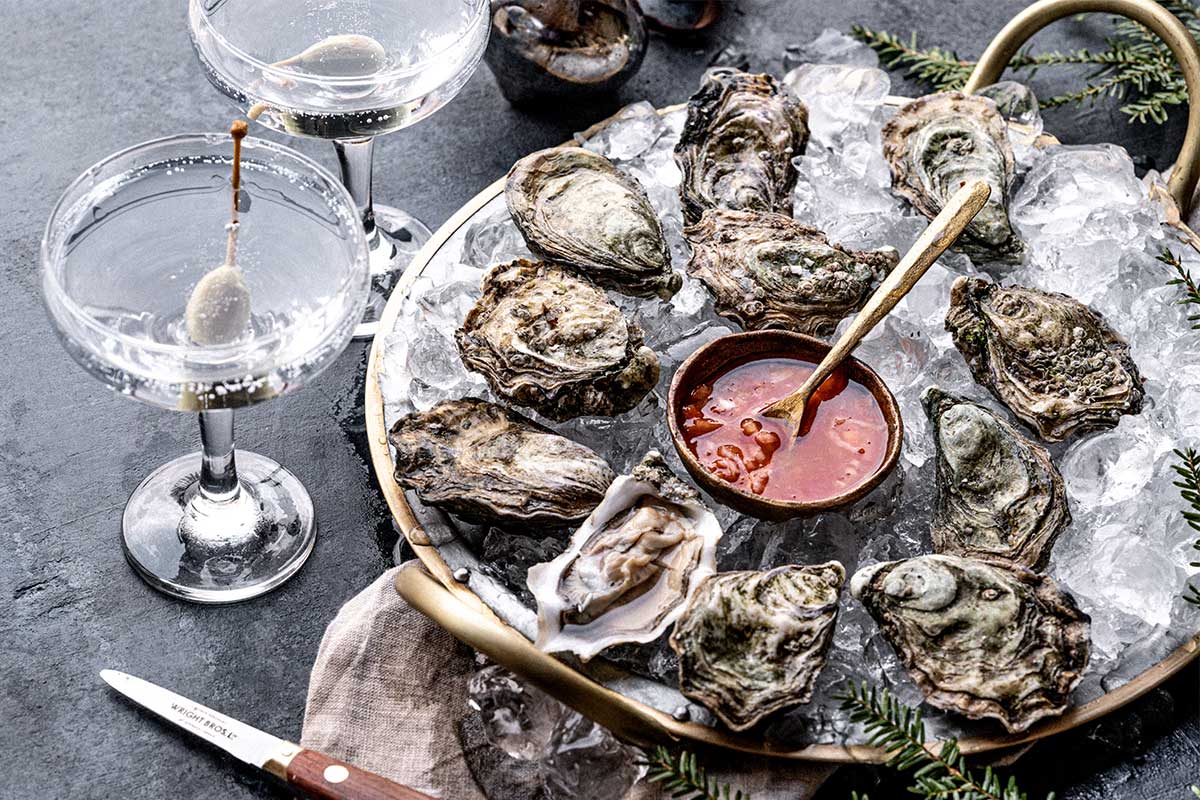
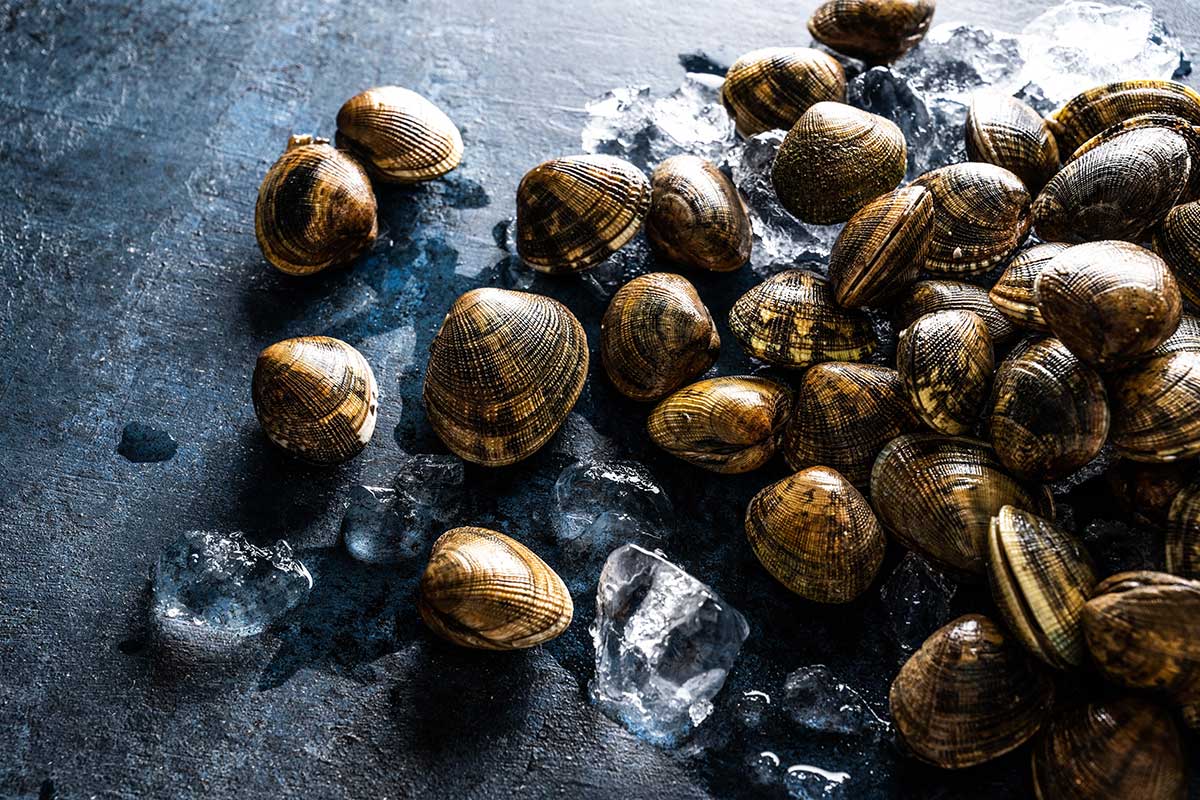
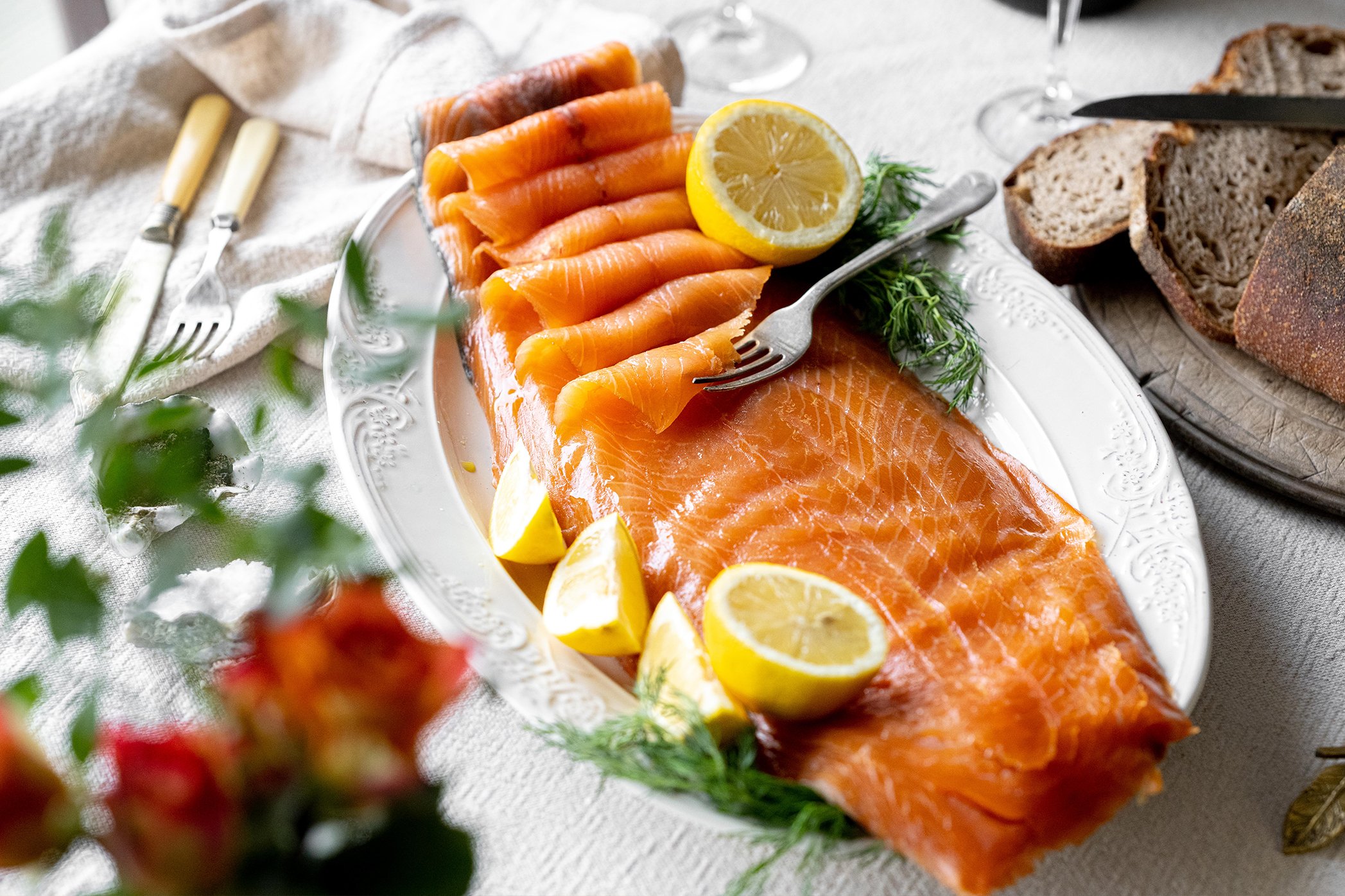
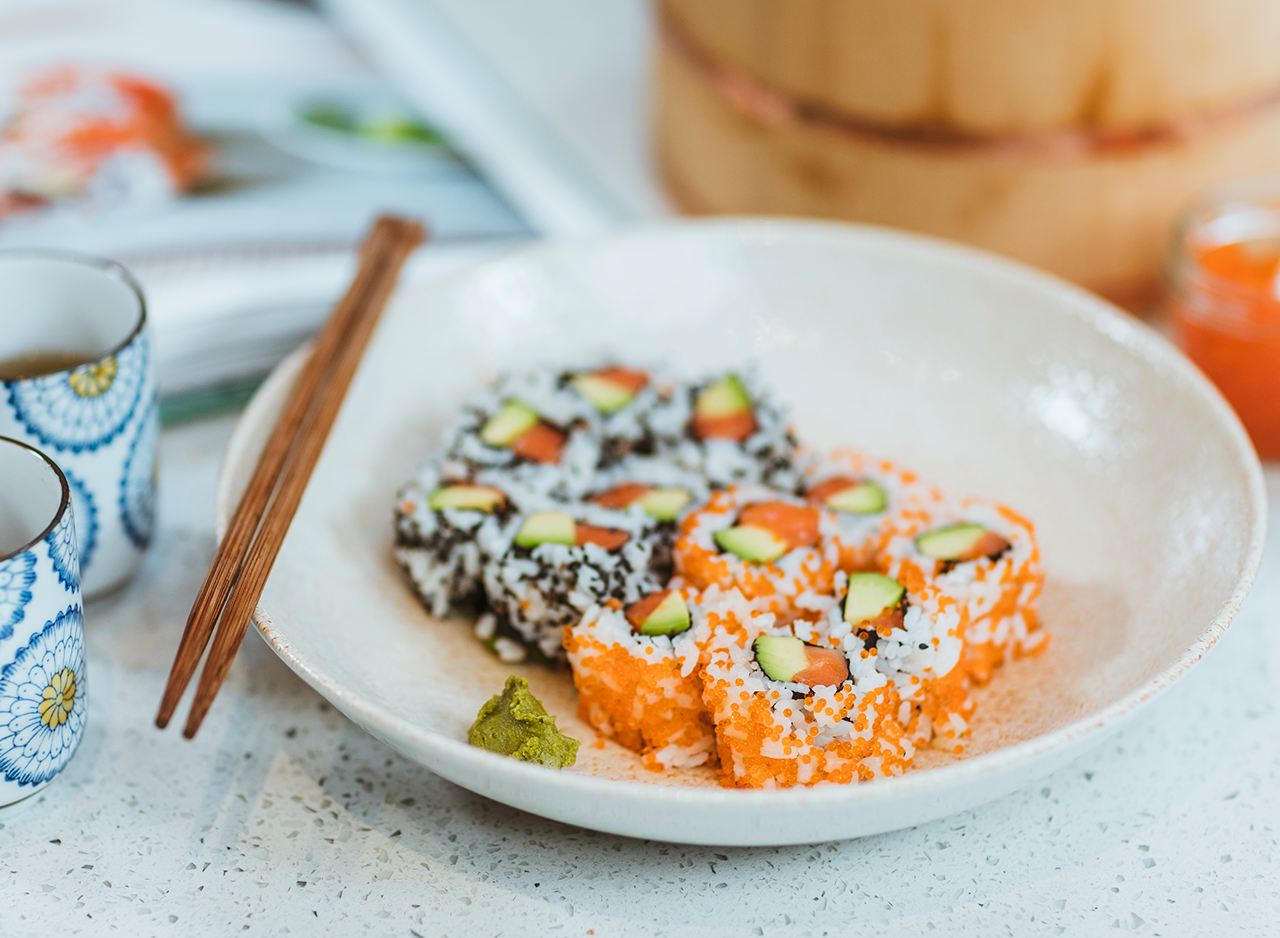
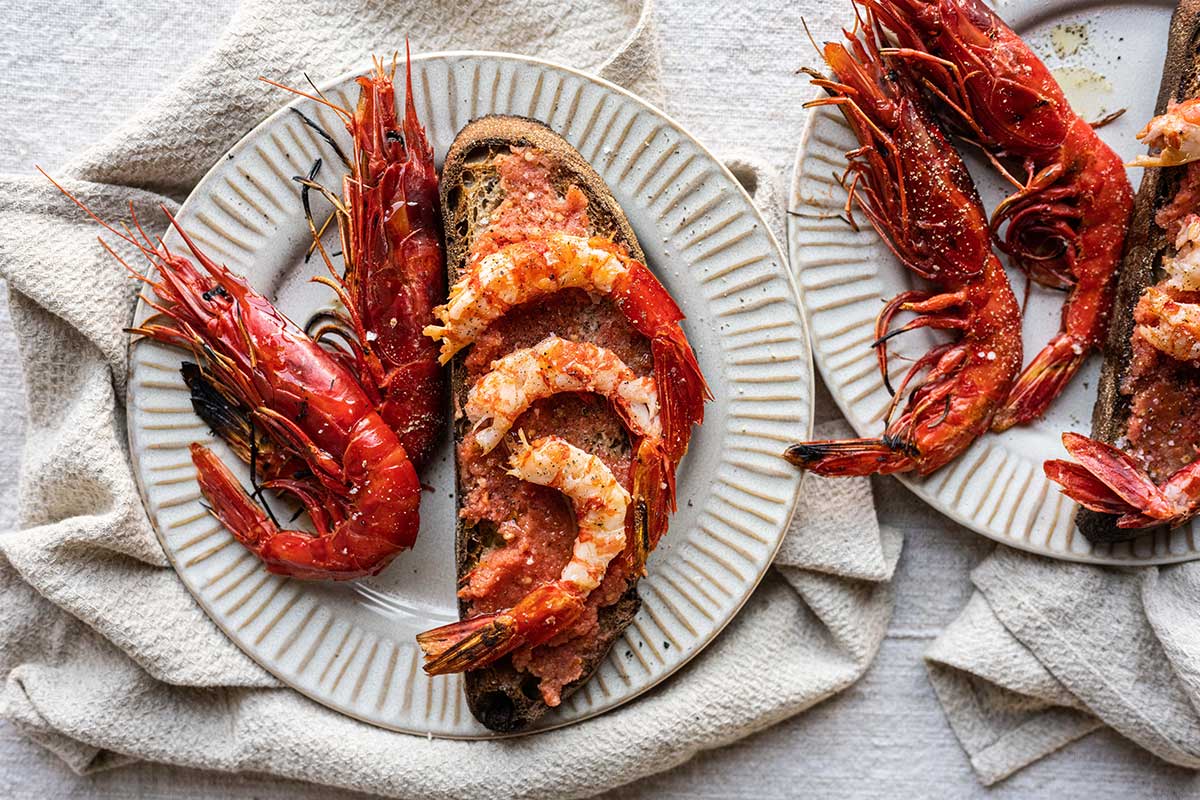
_1200x879.jpg?v=1641825424537&options=w_{width})
